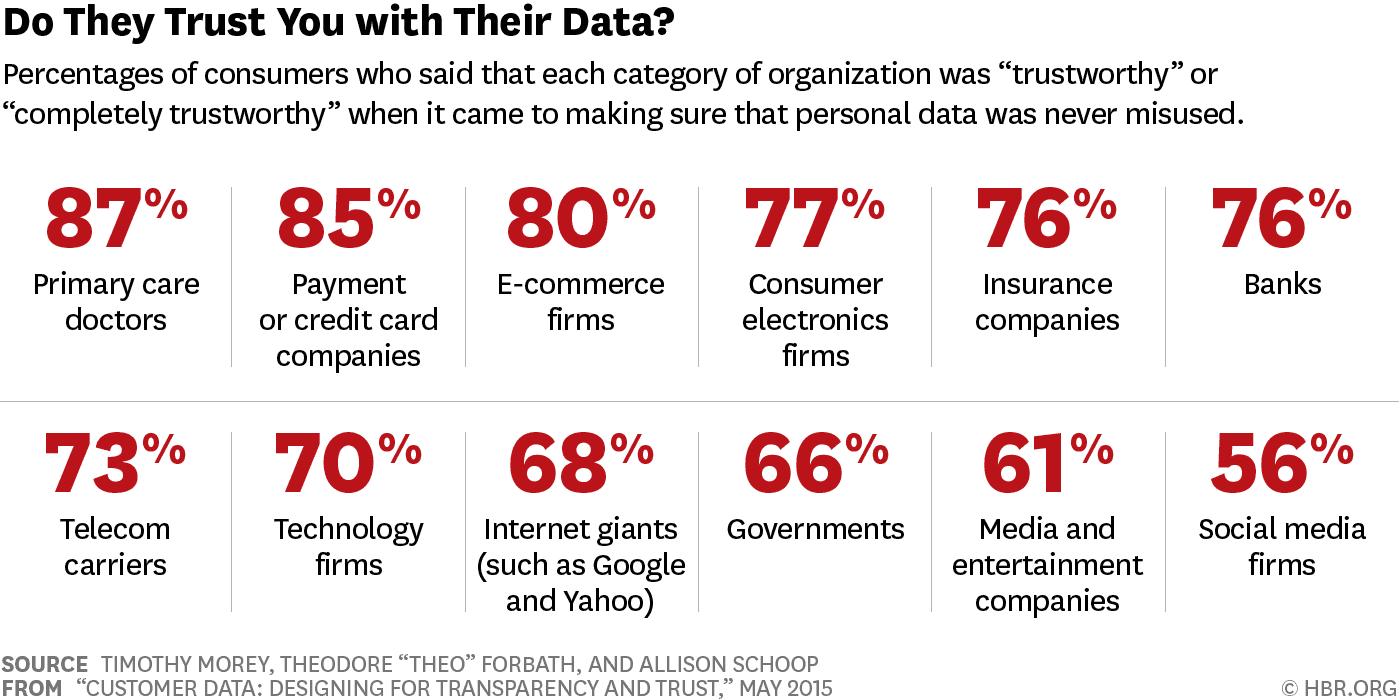
Working in a graduate programme consulting firm has several advantages. This article will discuss the responsibilities and salary of a graduate program consultant. It will also provide information on how to get in this type of consulting and why it is a desirable career option. In this article, you can find out more about the job description as well as the salary scale for graduate programme consultants. Listed below are some of the main benefits of working in a graduate programme consulting firm. Continue reading for more information.
Benefits of consulting in graduate programmes
A graduate programme consulting role offers many advantages, including the chance to learn from experts and increase a company’s knowledge. As a graduate consultant, you can expect to be able to prepare briefing materials for consultants and conduct interviews with clients. Graduate consultants can expect to gain practical experience as well as certifications that will give them an advantage in their applications. Here are some of the many benefits that come with working in a graduate consulting program.

Opportunities for networking - Many graduate programs offer mentoring opportunities that allow participants to make new contacts within their organization. Ben was paired with an experienced member of staff while he was in the graduate programme. This gave him valuable insight into a particular part of the business. Other employers often pair graduates with experienced staff members, which can be beneficial for their professional and career development. Graduation programs offer the chance for employees to experience rotation within an organisation. This can be a huge advantage in the long-term.
The duties of a consultant to a graduate program
Graduate consultants are responsible for analysing financial data, identifying ways to reduce overheads and increase profit margins. They can also recommend ways to improve production processes and increase income. Graduate consultants monitor the implementation of their recommendations and provide guidance, as well assessing the effectiveness. In addition, they conduct interviews to gather data and analyse the findings. They are indispensable in any business environment, especially when it comes to competitive environments.
Graduate consultants can specialise in a wide range of fields, including IT, economics, business, mathematics, and more. It is not necessary to have a degree, but a 2:1 in any relevant field such as business, geography, geophysics and/or economics is helpful. Because it gives them a competitive advantage, graduate trainees with work experience will also be highly sought-after. They may also be eligible for jobs that are based upon certifications. This helps them stand out from their competition.
Salary for graduate programme consultant
The salary of a graduate program consultant varies from one country to the next. Germany, for instance pays 23% more per hour than the UK. However, the Middle East pays just under half of what Germany does. Salaries in the UK are higher than elsewhere because UK graduates pay more tax than their counterparts in other nations. This is likely to be compensated by the fact UK consultants have better access to top talent and are able to attract top performers at a lower cost.

Graduate employers offer a wide range of benefits including free breakfast, lunch, and subsidised exercise classes. Graduates can also move into permanent employment, such as in management or technology consulting. Some graduate recruitment agencies are even offering sabbaticals and flexible working arrangements. BCG has a flexible leave policy that allows its consultants to work part-time during the working week.
FAQ
Can anyone become a consultant
Consultants are people who help you reach your goals by giving advice about how to make it better, faster, or cheaper.
You may need a consultant to help you with problems, make decisions or negotiate with others.
For specific tasks or projects, consultants are often hired.
Actually, most consultants get paid hourly and daily rates, rather than per-project.
How do I choose the right consultant?
There are three major factors you should consider:
-
Experience - How much experience does this consultant have? Is she an expert, beginner, intermediate or advanced consultant? Is her resume a proof of her skills and knowledge?
-
Education – What did this person learn at school? Did he/she take any relevant courses after graduating? Were there any evidences of this learning in his/her writing?
-
Personality: Do you like this person or not? Would we hire him/her to be our employee?
-
The answers to these questions help determine if the consultant is right for our needs. If there are no clear answers, then it might be worth an initial interview to learn more about the candidate.
How do I get clients for my consultancy business?
First, find a subject you're passionate about. You could choose anything from public relations to social media, but it should be something you love. If not, you may have to start small by finding a niche market such as web design. Once you have identified the niche, be sure to fully understand its characteristics. What problems does it solve Why should people use them? How can you help them?
You can also try approaching businesses directly - perhaps they need someone who understands SEO or content creation, or maybe they just want to know where to go for advice on social media strategy.
If all else fails you can offer your services at free events such as conferences or networking nights. It's a great way to get in touch with potential customers, without spending too much on advertising.
Do I need to pay tax on consulting income?
Yes. You will have to pay taxes on your consulting profits. This amount will depend on how much you earn each year.
If you are self-employed, expenses can be claimed on top of your salary. These expenses include rent, childcare and food.
You can't deduct the interest on loans, vehicle damage, or equipment costs.
Only 25% of your expenses can be claimed back if you make less than PS10,000 annually.
You might be taxed even if you make more than the threshold depending on whether your income is contractor or employee.
Employers are taxed via PAYE (pay as your earn), and contractors through VAT.
How much does it cost for a consultant to be hired?
Many factors go into determining how much it costs to hire a consultant. These are:
-
Project size
-
Time frame
-
Scope of work
-
Fees
-
Deliverables
-
Other considerations like experience level, geographical location, etc.
How can I become a successful consultant
Finding a passion area is the first step. Building relationships is the next step. It is important to understand the needs of clients and their business. You must also deliver results.
While you don’t have to be the greatest at everything, you have to be better than everyone else. Passion is key. It is not enough to simply say, "I want to become a consultant." You have to believe in yourself, and in what you are doing.
What should I expect from my consultant
Within a few days of selecting your consultant, you can expect to hear back. They will request information about your company including its mission and goals, products, services, budget, and other pertinent details. Next, they'll provide a proposal describing the scope and estimated time frame, fees, deliverables or milestones, as well as an estimate of costs.
If all goes according to plan, the two sides will sign a written deal. The type of relationship between them (e.g. employer-employee or employer-independent contractor) will determine the terms of the contract.
If all goes according to plan, the consultant will begin working immediately. The consultant will have access your internal documents and resources. Additionally, you'll have access their skills and knowledge.
However, don't assume that just because someone is a consultant that s/he knows everything. To become an expert in any field you consult, it takes practice and effort. You shouldn't expect your consultant will know everything you need to know about your business.
Statistics
- Over 62% of consultants were dissatisfied with their former jobs before starting their consulting business. (consultingsuccess.com)
- 67% of consultants start their consulting businesses after quitting their jobs, while 33% start while they're still at their jobs. (consultingsuccess.com)
- According to statistics from the ONS, the UK has around 300,000 consultants, of which around 63,000 professionals work as management consultants. (consultancy.uk)
- On average, your program increases the sales team's performance by 33%. (consultingsuccess.com)
- So, if you help your clients increase their sales by 33%, then use a word like “revolution” instead of “increase.” (consultingsuccess.com)
External Links
How To
How Can I Start A Consultancy Business With No Money?
Start your own consultancy company with a simple and efficient method - no capital investment required!
This tutorial will show you how to make money online from home. It will also help you improve your skills and earn extra cash.
I will share some secrets that show you how to generate traffic on demand, especially when people are searching for something specific.
This is called "Targeted Traffic". This method was specifically designed to make it possible to accomplish such things...
-
You should choose the niche you wish to work in.
-
Find out which keywords are used by people to search for solutions on Google.
-
Write content around these keywords.
-
Post your articles on article directories.
-
Promote your articles using social media.
-
Develop relationships with experts in the niche and influencers.
-
Get featured on those blogs and websites.
-
Sending emails can help you grow your email list.
-
Get started making money.